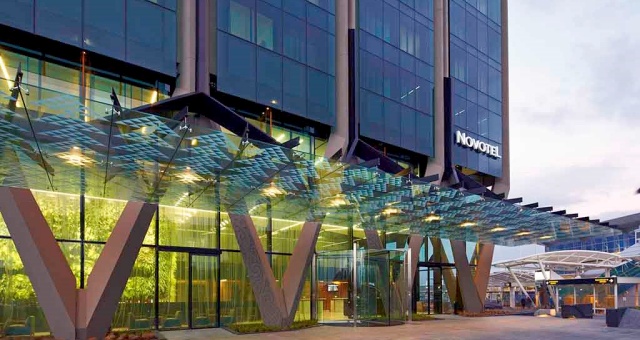Vaccination against COVID-19 could be made mandatory for workers at venues where customers must also present proof of their own jab, such as hospitality venues, under a new law now in effect across New Zealand.
The government will introduce a new risk assessment model where business owners and managers can decide whether they wish to require all staff to be fully vaccinated for various types of work being performed. The government says the process will establish a clear legal framework under which this decision can be made and enforced.
New Zealand’s Minister for Workplace Relations and Safety, Michael Wood, said the new measure was being introduced following calls from both businesses and unions to make workplaces as safe as possible.
“We’ve heard the calls from employers and employees to provide certainty on what roles need to be done by vaccinated workers under the COVID-19 Protection Framework,” said Minister Wood.
“This risk assessment will build on the guidance provided by WorkSafe, with input from public health officials, business representatives and unions. It will cover factors like whether a workplace involves interaction with customers.”
Under the proposal, businesses which opt to require staff to be vaccinated must provide a four week notice period for workers to either receive their first jab or provide a valid medical exemption before discussions about termination can begin.
“This change will only apply to employees who do not have a notice period, or whose notice periods are shorter than four weeks. Most employees will have notice periods in their employment agreement,” Minister Wood added.
In a further measure, New Zealand has also outlined plans to halve the length of time travellers from identified hotspots as part of its announced plan to reopen to the world.
From 14 November, mandatory time spent in a Managed Isolation and Quarantine (MIQ) will reduce from 14 to seven days for overseas arrivals, with home isolation to take effect until a negative test is returned on Day 9.
The country is underway with implementation of its previously announced traffic light system which identifies a risk level to travellers based on their country of departure.



